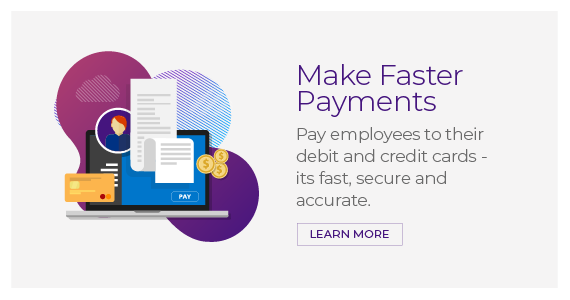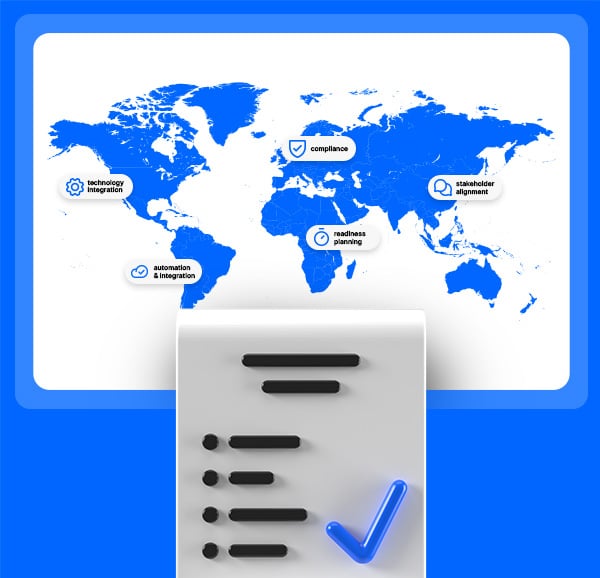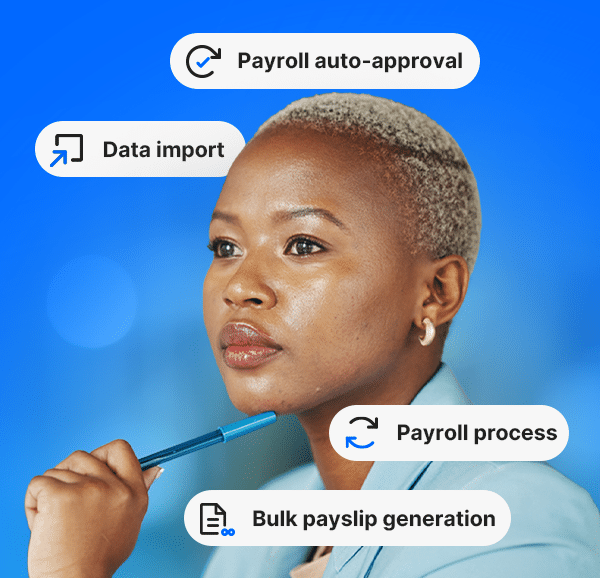Nick Newman | Strategic Initiatives Director, Treasury Services, CloudPay
Why mobile wallets are a payroll game-changer
With smartphones increasingly becoming the core of many people’s personal lives, it’s no surprise that many want to get the same level of app-led convenience from their employer, too.
More and more people now use their phones to organize their finances, whether it’s the balance on their bank account, paying off their credit card or paying for goods and services when out shopping. This technology can also be applied from a payroll perspective, helping employees access their earned funds instantly and easily.
The underlying innovation that makes this possible is the mobile wallet (often referred to as an e-wallet or digital wallet). In this blog, we’ll explore how they work, the advantages of adopting them, and how they can make a significant difference to modern payroll.
What is a mobile wallet?
In short, a mobile wallet is a digitized way of storing money or credit on a mobile device; this is most commonly a smartphone but can also be seen in other devices like tablets and wearables. It allows funds, gift card credit or loyalty points to be stored in the device, and then used for payment directly through the device at the point of sale.
The most up-to-date smartphones now have mobile wallet technology installed on them as standard. Users simply have to take a photo of their card or alternatively input the details on the card manually, and the card is instantly linked to the mobile wallet. This enables the user to start using the mobile wallet for purchases, with money debited from the linked card and account automatically.
What are the advantages of mobile wallets?
From a user perspective, there are lots of benefits to using mobile wallets in day-to-day life. Firstly, it enables them to cut down on the number of items they need to carry with them: instead of having to remember to take a wallet or purse with them, along with the relevant debit cards, credit cards and loyalty cards they can do everything they need to through their smartphone.
Mobile wallets also help to democratize the financial world, as they offer means of digital payment to many of the 1.7 billion adults around the world who are unbanked. Additionally, they can do so with the reassurance of digital security to keep funds and access safe, dispelling one of the main concerns many unbanked people have about getting a bank account.
Indeed, security is one of the major plus points of mobile wallet security because it’s so robust. Along with a password and/or a PIN, the biometric technology included in many leading smartphones, such as fingerprint or face recognition, adds a further layer of protection.
Why are mobile wallets important for payroll?
Mobile wallets are becoming an essential tool for payroll applications, because of the convenience and flexibility they can give both the employees receiving their wages and the payroll team making the payment.
For employees, this convenience can form a major part of the seamless digital experiences, and wider employee experiences, that they are increasingly prioritizing. Mobile wallets can potentially give employees access to a wider suite of financial services beyond their salary and purchases, including loans, bonuses, pension planning and even financial education and guidance. These wallets can be customized to individual organizations or even to individual employee needs, helping focus efforts around financial wellness.
From the perspective of a payroll team, sending funds digitally to mobile wallets can make payroll runs faster and easier. This is especially the case when deployed in conjunction with a pay-by-card approach, which can cut salary payment processing times from days to seconds. There’s also a knock-on environmental impact for employers, as being able to move away from paper-based payslips and documentation towards digital records helps reduce the carbon footprint of running payroll.
In summary
Mobile wallets represent a step forward for payroll and employee pay that’s just as significant as the advance it represents for consumer retail. Employees get faster, easier and more flexible access to their money – and in how they spend that money – while employers can run simpler payroll services more securely, and support better employee experiences.
It may seem like a relatively modest innovation, but it’s full of potential to be a real game-changer.
Nick Newman | Strategic Initiatives Director, Treasury Services, CloudPay



